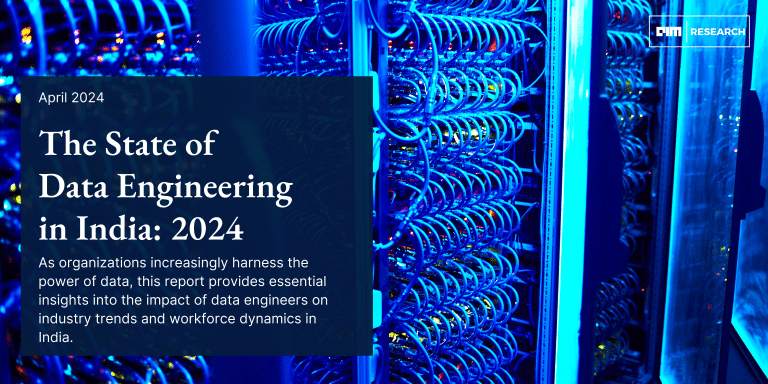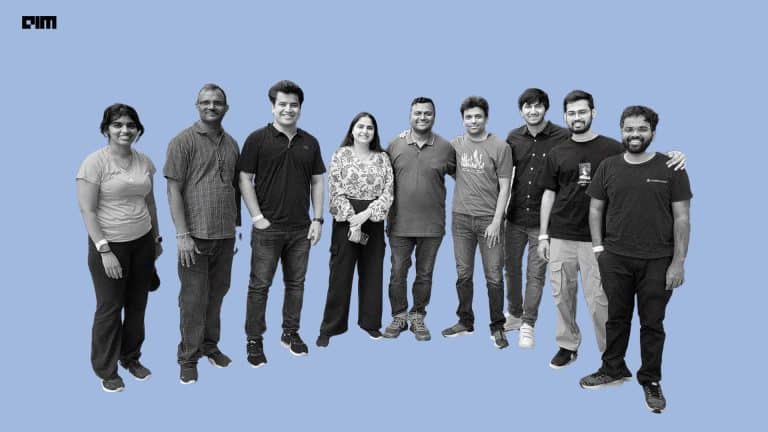When we speak of digital marketing, we tend to associate it with annoying ads quickly. We fail to understand that it is an important way for businesses to make smarter decisions. Digital marketing started somewhere around the late 90s and early 2000s. It was then in the form of direct partnerships. This meant that an advertiser would pay a certain amount of money to post their ads on a certain website.
This trend changed with the democratisation of the internet, combined with other factors like rising processing power, leading to a marketplace model. This model allows both the advertiser and the publishers to find the best fit as per their requirements. Soon, this model was felt insufficient due to the advent of newer technologies and the need for greater human intervention. This, in turn, gave way to programmatic advertising.
At the Deep Learning Developer Conference 2021, Hitesh Prakash Nahata, senior manager (advanced analytics at MiQ), spoke on “Driving incremental outcomes through hyper-relevance”.
Programmatic Advertising
Speaking about this new paradigm in the world of digital marketing, Nahata said that programmatic advertising refers to real-time bidding which means that every time there is an ad inventory that is available, multiple advertisers bid for advertising at the same spot. Whoever wins the bid gets to save their ad on that site. This is a very rapid process that takes place from the time one hits enter on the URL and the page actually loads.
This is where programmatic advertising comes into play which facilitates the whole exercise of quick bidding. It is machine-to-machine automation of advertising and media transactions. There is no human intervention required, and the content has a higher level of personalisation.
Nahata then spoke about the ‘relevance’ aspect of this digital advertising. To demonstrate the same, he gave an example of a home purchase. “For example, I am someone who’s browsing for houses in Bangalore. While I might or might not have bought the house, a logical, immediate next move is to look for some sort of furnishing for the house. So a timely experience for an audience could be offered by utilising that data to determine the next logical step.”
How can Data Science help
Data science can be an important tool in this aspect. It can be broadly divided into three groups:
Geo location: In traditional approaches, geo locations where campaigns would run are determined using factors like store location, population density, etc. The data science method depends on footfalls, media consumption, brand and competitor store densities through unsupervised geographical segmentation.
Context: The domains and channels strategy for ad placement is decided based on logically complementary domains in traditional approaches. With the data science approach, recommender systems can identify unused channels that may perform better for a particular campaign.
Audience: Traditionally, the audience strategy is based on brands’ definition of their buyer persona. Whereas, in the data science approach, the supervised classification method is used to identify website visitors’ persona and look-alike segments.
Wrapping up
“Google already has something called an Add Data hub, which is basically, you know, all of the data sits behind a wall, right? And if you want to do any kind of analysis, you’re supposed to enter the walled garden, do your slicing and dicing a new custom bidding strategy and come out. There are not a lot of machine learning AI capabilities in these technologies already, but now, more and more people are moving towards making it more self-sufficient, where no outside world integration is really required,” Nahata said, about what can be expected in the near future.



















































































